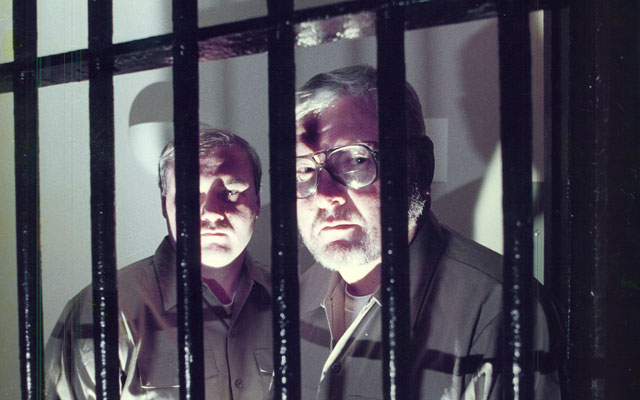A Criminal Conviction that Doesn’t Hold Water
Daniel Dew /
Ocie and Carey Mills, a father and son, had always wanted to live on the water. They bought waterfront property in Escambia Bay, Florida, where they planned to build a home for the extended family to enjoy together. Inspectors from the State of Florida inspected the property, and the Millses obtained all of the state and local permits that were required to build the house.
Once the Millses began filling a ditch with sand for what was to be the foundation of their home, the Army Corps of Engineers got involved, declaring the Mills’ dry property a “wetland” and charged them with violating the Clean Water Act.
The fact that Florida officials had declared that the property was not a wetland was no defense in the federal prosecution. The Millses were convicted and each served 21 months in prison.
Many environmental laws do not require intent to break the law, merely intent of certain conduct, to warrant prosecution. This means that if you reasonably are mistaken on what the law allows, it doesn’t matter: You’re still going to jail.
This month, The Heritage Foundation launches USA vs. YOU—a project that spotlights the flood of criminal laws threatening our liberties. Explore more stories and find out what you can do to reverse this trend.

